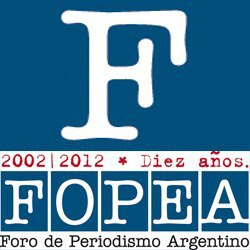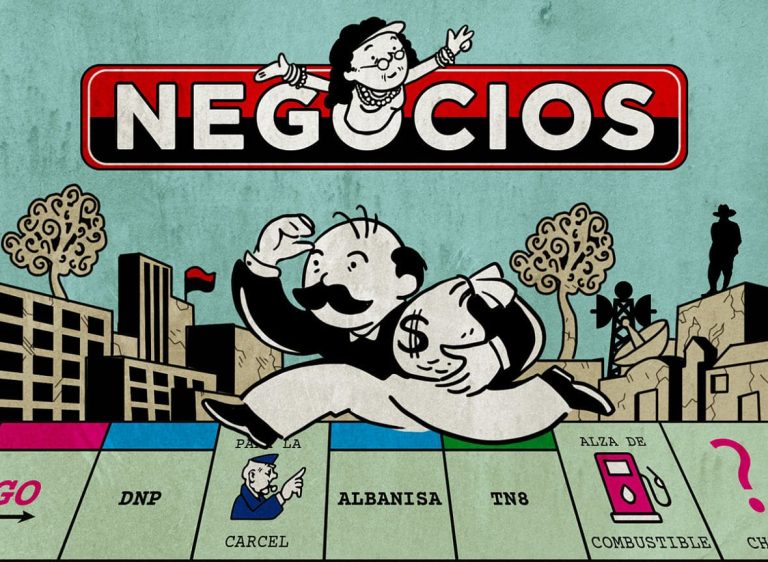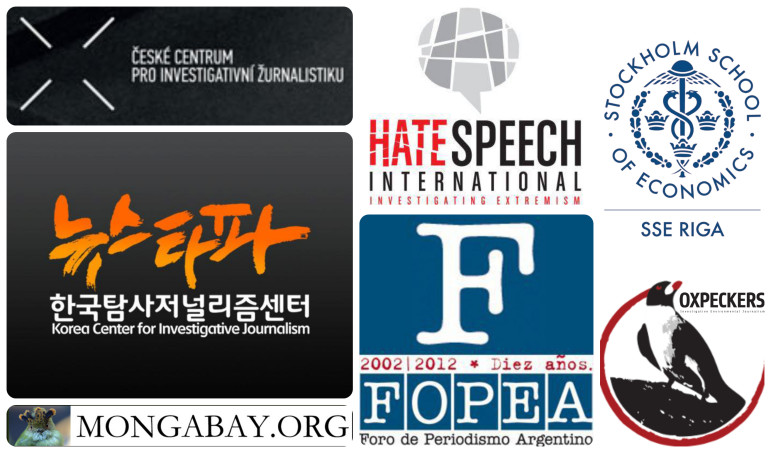

GIJN Welcomes New Members from Argentina, Korea, S. Africa
 Eight journalism organizations from eight countries are the latest groups to join the Global Investigative Journalism Network. Our new members include respected nonprofits in Argentina, Korea and South Africa, news sites focused on environmental and hate speech issues, and a start-up in France determined to spread investigative reporting across the Francophone world. This brings GIJN’s membership to 98 organizations in 44 countries.
Eight journalism organizations from eight countries are the latest groups to join the Global Investigative Journalism Network. Our new members include respected nonprofits in Argentina, Korea and South Africa, news sites focused on environmental and hate speech issues, and a start-up in France determined to spread investigative reporting across the Francophone world. This brings GIJN’s membership to 98 organizations in 44 countries.
Interested in joining? Membership in GIJN is limited to nonprofit journalism organizations that actively engage in investigative reporting or promote it through training and teaching. Our membership criteria are listed here. If you think your organization qualifies, send us an application. We’re growing and working hard to spread quality investigative journalism around the world.
Please join us in extending a warm welcome to GIJN’s new members:
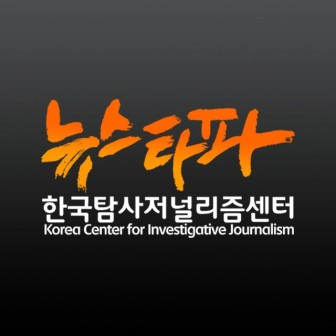 The Korea Center for Investigative Journalism (KCIJ), based in Seoul, is the first nonprofit online investigative reporting organization in South Korea. Launched by veteran broadcast journalists, the center runs Newstapa, an online news website that presents watchdog journalism in video form. The center was formed at the beginning of 2012 by a small group of journalists who felt the need for an independent news organization not subject to the kind of political pressure used against investigative journalism at the country’s major media outlets. It’s now led by Editor-in-Chief Yongjin Kim, who formerly headed an investigative reporting unit at the Korean Broadcasting System (KBS), the country’s national public broadcaster. The center has a combined staff of about 30 reporters, producers, multimedia staff and administrative staff. Funded entirely by donations and memberships from the public, the center does not accept advertising.
The Korea Center for Investigative Journalism (KCIJ), based in Seoul, is the first nonprofit online investigative reporting organization in South Korea. Launched by veteran broadcast journalists, the center runs Newstapa, an online news website that presents watchdog journalism in video form. The center was formed at the beginning of 2012 by a small group of journalists who felt the need for an independent news organization not subject to the kind of political pressure used against investigative journalism at the country’s major media outlets. It’s now led by Editor-in-Chief Yongjin Kim, who formerly headed an investigative reporting unit at the Korean Broadcasting System (KBS), the country’s national public broadcaster. The center has a combined staff of about 30 reporters, producers, multimedia staff and administrative staff. Funded entirely by donations and memberships from the public, the center does not accept advertising.
The Foro de Periodismo Argentino (FOPEA), or in English, the Argentinian Journalism Forum, is one of Latin America’s best known journalism associations. Founded in 2002, FOPEA is an organization of 400 independent journalists and journalism professors across Argentina, including most of that country’s best known names in investigative journalism. Through its role as the leading monitor of freedom of expression in Argentina, FOPEA has actively backed the country’s investigative journalists, who frequently come under attack as a result of their activities. The focus on investigative journalism has been a priority of FOPEA, particularly through its training activities, including nationwide workshops on how to use data in support of investigative work. FOPEA has also directly supported investigative work. During a 2009 Knight Foundation-backed project, three teams produced investigative reports on government misuse of subsidy funds, environmental problems of mines, and irregularities in the country’s fishing industry.
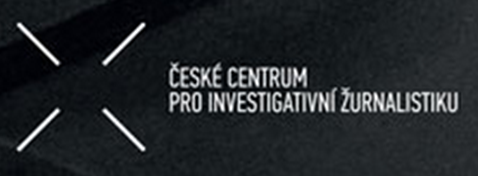 The Czech Center for Investigative Journalism (CCIZ), based in Prague, was founded in 2013 by a group of Czech journalists “to take part and promote cross-border investigative journalism projects, train investigative journalists, and address the need of local journalism to follow new media trends and standards.” The group is the Czech representative of the Organized Crime and Corruption Reporting Project, and works with other professional networks, as well. Its director, Pavla Holcová, shared the 2013 Global Shining Light Award for her work on corruption among Azerbaijan officials. Members of the CCIZ have developed training modules for independent journalists in authoritarian regimes as well as e-learning module focused on training Czech NGOs in journalism and media communication. Its other work has included reporting on crime and corruption in the region. With Charles University in Prague, the staff has organized two courses of investigative journalism, one focused on students of media studies and one on young journalists from developing countries.
The Czech Center for Investigative Journalism (CCIZ), based in Prague, was founded in 2013 by a group of Czech journalists “to take part and promote cross-border investigative journalism projects, train investigative journalists, and address the need of local journalism to follow new media trends and standards.” The group is the Czech representative of the Organized Crime and Corruption Reporting Project, and works with other professional networks, as well. Its director, Pavla Holcová, shared the 2013 Global Shining Light Award for her work on corruption among Azerbaijan officials. Members of the CCIZ have developed training modules for independent journalists in authoritarian regimes as well as e-learning module focused on training Czech NGOs in journalism and media communication. Its other work has included reporting on crime and corruption in the region. With Charles University in Prague, the staff has organized two courses of investigative journalism, one focused on students of media studies and one on young journalists from developing countries.
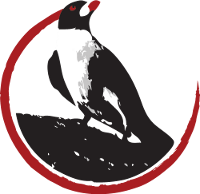 The Oxpeckers Center for Investigative Environmental Journalism is based in Mbombela, South Africa, about 350 km east of Johannesburg. It was founded in 2013 “to dramatically improve the quality and impact of African environmental journalism.” The group is working to do this by employing cutting-edge mapping techniques and forensic data tools, transnational and transcultural investigative reporting through projects and Oxpecker Fellowships; developing how-to manuals and workshops; working with media partners on special projects; and publishing its own environmental investigations. Among Oxpeckers’ recent projects are Big Cat Investigations and China’s impact on the African environment.
The Oxpeckers Center for Investigative Environmental Journalism is based in Mbombela, South Africa, about 350 km east of Johannesburg. It was founded in 2013 “to dramatically improve the quality and impact of African environmental journalism.” The group is working to do this by employing cutting-edge mapping techniques and forensic data tools, transnational and transcultural investigative reporting through projects and Oxpecker Fellowships; developing how-to manuals and workshops; working with media partners on special projects; and publishing its own environmental investigations. Among Oxpeckers’ recent projects are Big Cat Investigations and China’s impact on the African environment.
 Hate Speech International was founded in 2013 to provide an independent base for investigative reporting on hate speech, hate crimes and extremism in Europe, the Middle East, and North Africa. In addition to doing its own investigative projects, the Norway-based group has a grants program for journalists investigating extremists. HSI’s mission, according to its website is two-fold: To establish a journalistically driven, independent, international network of reporters and academics who investigate, analyze and report on hate speech and hate crime; and seek to make freedom of speech and the right to information primary weapons against those who violate, or seek to violate, basic human rights through their exploitation of those same freedoms.
Hate Speech International was founded in 2013 to provide an independent base for investigative reporting on hate speech, hate crimes and extremism in Europe, the Middle East, and North Africa. In addition to doing its own investigative projects, the Norway-based group has a grants program for journalists investigating extremists. HSI’s mission, according to its website is two-fold: To establish a journalistically driven, independent, international network of reporters and academics who investigate, analyze and report on hate speech and hate crime; and seek to make freedom of speech and the right to information primary weapons against those who violate, or seek to violate, basic human rights through their exploitation of those same freedoms.
Mongabay.org, based in Menlo Park, California, is devoted to increasing opportunities for investigative environmental journalism. Founded in 2012, Mongabay.org runs Special Reporting Initiatives which provide $20,000 grants to journalists for investigative work into specific environmental topics. The group currently has two opportunities open for applications: SRI: Amazonian Protected Areas: Benefits for People (deadline April 18) and Special Reporting Assignment: Communicating the State of the Apes (deadline April 6). Mongabay.org’s first big project was a Ford Foundation-supported project to launch an independent site in Indonesia, Mongabay – Indonesia, reporting on forest and conservation issues in the country. That site has become Indonesia’s most popular environmental news site. Mongabay’s parent site, Mongabay.com, began in 1999 and receives more than 2.5 million visitors per month, making it among the top online sites for environmental reporting.
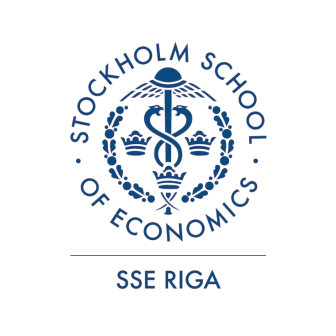 The Stockholm School of Economics (SSE Riga) Centre for Media Studies, based in Riga, Latvia, was founded in 2009. The centre provides journalists from the Baltic region with further education in investigative and business reporting, through seminars and workshops, and also undertakes research projects on the region’s media. SSE Riga runs a well-known Summer School on Investigative Reporting which this year takes place from August 14-16. The summer session is aimed primarily at participants from the Baltic countries and Scandinavia. Participants from the Baltic countries can apply for a scholarship covering the participation fee. The program’s partners include the Center for Investigative Reporting in Bosnia-Herzegovina and the Philip Merrill College of Journalism at the University of Maryland in the U.S.
The Stockholm School of Economics (SSE Riga) Centre for Media Studies, based in Riga, Latvia, was founded in 2009. The centre provides journalists from the Baltic region with further education in investigative and business reporting, through seminars and workshops, and also undertakes research projects on the region’s media. SSE Riga runs a well-known Summer School on Investigative Reporting which this year takes place from August 14-16. The summer session is aimed primarily at participants from the Baltic countries and Scandinavia. Participants from the Baltic countries can apply for a scholarship covering the participation fee. The program’s partners include the Center for Investigative Reporting in Bosnia-Herzegovina and the Philip Merrill College of Journalism at the University of Maryland in the U.S.
Journalistes Enquêteurs Francophones Associés (JEFA) is a new organization set up to network and support French-speaking investigative journalists. JEFA was founded in 2014 in response to requests from young French reporters and news organizations. Among the group’s activities will be training in methods, including founder Mark Lee Hunter’s Story-Based Inquiry seminars and workshops on data journalism techniques. JEFA also plans to undertake investigations into such areas as high-profile economic subjects. The group hopes to help create new models of support by engaging “large communities of interest in France” as core sources, audiences, and funders. JEFA also plans to serve as a clearinghouse for investigative reporters and teachers in other French-speaking countries, with independent chapters outside France.





